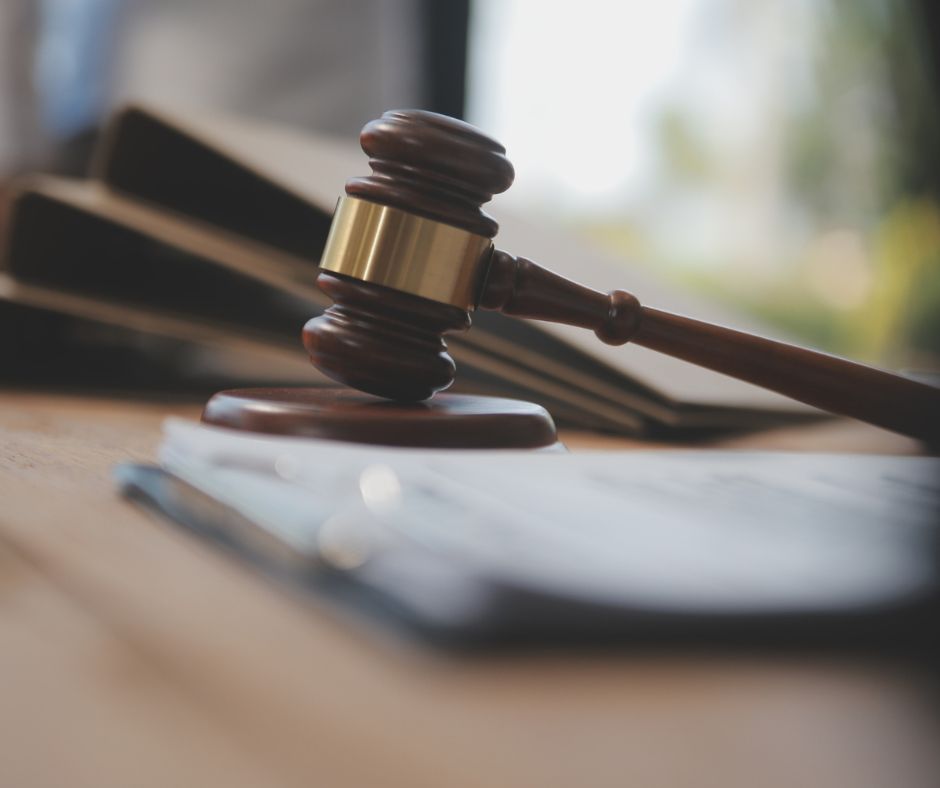
Understanding the distinction between negligent driving vs. reckless driving is critical, especially if you were involved in an accident. Both offenses lead to legal consequences, but they differ in intent, severity, and impact on liability. If you suffered injuries in a car accident, you may be worried about how a determination of negligence or recklessness may impact your case and your right to recover damages.
In Washington, these distinctions are significant in personal injury cases, as they influence how fault is determined and the compensation available to victims.
What Is Negligent Driving?
Negligent driving occurs when a driver fails to exercise reasonable care, leading to an unsafe situation. Unlike reckless driving, negligence does not require intent—only a failure to act as a reasonable person would under similar circumstances.
In Washington, the law categorizes negligent driving into two degrees:
- Negligent driving in the first degree. This offense involves operating a vehicle negligently in a way that endangers others while under the influence of alcohol or drugs, though not to the extent of a DUI. It is a misdemeanor punishable by fines and potential jail time.
- Negligent driving in the second degree. This is a lesser offense that does not involve impairment but still creates a risk to people or property. It is treated as a traffic infraction and carries a fine but no criminal penalties.
Negligent driving occurs commonly in minor accidents, including fender-benders and when a driver is distracted or fails to yield.
What Is Reckless Driving?
Reckless driving is a more serious offense involving deliberate or willful disregard for the safety of others. It is not simply careless behavior but an intentional decision to drive dangerously.
Washington law classifies reckless driving as a gross misdemeanor. The law defines reckless driving as operating a vehicle “in willful or wanton disregard for the safety of persons or property.”
A conviction for reckless driving in Washington carries severe penalties, including:
- Up to 364 days in jail;
- Fines up to $5,000;
- A mandatory 30-day driver’s license suspension; and
- Increased insurance premiums.
Common examples of reckless driving include excessive speeding, aggressive lane changes, street racing, and ignoring traffic signals in a way that endangers others.
Negligent vs. Reckless Driving: How They Affect Liability in Personal Injury Cases
In personal injury cases, determining whether a driver was negligent or reckless can significantly impact the outcome of a lawsuit:
- Negligent driving and liability. Because negligent driving is based on carelessness rather than intent, a driver found negligent in an accident may be liable for damages but not subject to criminal charges. However, victims should still pursue compensation for medical expenses, lost wages, and pain and suffering.
- Reckless driving and liability. Reckless driving increases the likelihood of punitive damages in addition to compensatory damages. Since it involves willful misconduct, courts may impose harsher financial penalties on the at-fault driver, making it easier for victims to recover substantial compensation.
Understanding the difference between these two types of driving is important when pursuing a claim for damages. A skilled Washington car accident attorney can review the details of your accident to determine the best course of action.
How These Charges Impact Insurance Claims
Insurance companies assess fault and risk based on whether a driver acted negligently or recklessly:
- Negligent drivers may face increased insurance premiums, but coverage typically applies to damages caused by their actions; and
- Reckless drivers often face policy cancellations or exclusions, making it harder to obtain coverage in the future.
If you suffered injuries in an accident with a negligent or reckless driver, working with an experienced attorney can help you navigate insurance claims and secure the compensation you deserve.
Legal Defenses and Consequences of Negligent or Reckless Driving
Drivers accused of either negligent or reckless driving may attempt to challenge the charges. Common defenses include proving that:
- The driver was not actually negligent or reckless;
- External factors, such as road conditions or weather conditions, contributed to the accident; and
- The evidence does not support the severity of the charge.
However, if proven, these offenses lead to substantial penalties, which can impact criminal records and civil liability in personal injury cases.
Contact Us
Suffering injuries in an accident can leave you feeling overwhelmed and angry. If you have questions about the impact of negligent vs. reckless driving, the legal team at Brett McCandlis Brown & Conner is here to help. We have extensive experience representing accident victims throughout Washington and are committed to fighting for the compensation you deserve.
Our attorneys understand the complexities of Washington law and work tirelessly to provide the strategic advocacy you need to protect your rights. Contact us today for a free consultation to discuss your case and explore your legal options.
Key Highlights:
What Is Negligent Driving?
Definition: Failing to exercise reasonable care, without intent to cause harm.
Washington Classifications:
First Degree: Driving negligently while under the influence of drugs or alcohol (not DUI-level). A misdemeanor with potential jail time and fines.
Second Degree: Non-impaired negligence (e.g., distracted driving); treated as a traffic infraction with a fine.
⚠️ What Is Reckless Driving?
Definition: Driving with willful or wanton disregard for safety; a conscious decision to drive dangerously.
Penalty in WA: A gross misdemeanor, with:
Up to 364 days in jail
Fines up to $5,000
30-day driver’s license suspension
Higher insurance premiums
🛠️ Examples:
Negligent Driving: Distracted driving, minor fender-benders, failure to yield
Reckless Driving: Excessive speeding, aggressive lane changes, street racing
🧾 Impact on Personal Injury Liability:
Negligent Driving: Typically leads to compensatory damages but no criminal penalties.
Reckless Driving: May result in punitive damages due to the intentional nature of the act.
💼 Impact on Insurance:
Negligent Drivers: May face premium hikes; generally still covered.
Reckless Drivers: Higher risk of policy cancellations or coverage denials.
🛡️ Legal Defenses:
Challenge the classification (negligent vs. reckless)
Cite external factors (e.g., weather, road conditions)
Argue insufficient evidence


